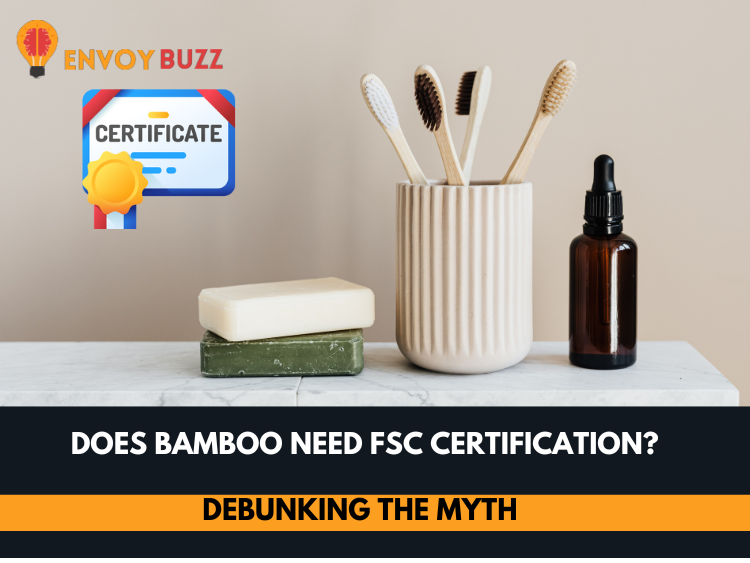The Bamboo Revolution
Bamboo, a humble grass with remarkable potential, has taken the world by storm. With its eco-friendly properties, versatility, and rapid growth, bamboo has become a darling of the sustainable living movement. From clothing to construction, it seems like there’s no limit to the innovative uses of bamboo. But amidst the excitement, one question often arises: Do bamboo products need FSC certification? Let’s dive into the world of bamboo and FSC to uncover the truth.
Understanding FSC Certification
What is FSC certification?
FSC stands for the Forest Stewardship Council, a non-profit organization that sets the gold standard for responsible forest management. FSC certification is a prestigious label that assures consumers that a product comes from a well-managed, environmentally accountable, and socially beneficial forest. It helps promote sustainable forestry practices and ensures that forests are not depleted.
Which products need FSC certification?
FSC certification is typically associated with wood and paper products, such as:
1. Wooden Furniture: Dining tables, chairs, cabinets, and other wooden furniture items
2. Paper Products: Books, stationery, packaging, and even toilet paper made from wood pulp.
3. Building Materials: Timber, plywood, and other construction materials derived from wood.
4. Wooden Crafts: Handmade wooden crafts, sculptures, and ornaments
Why Bamboo Doesn’t Necessarily Need FSC Certification
The Bamboo Exception
Bamboo, while a woody plant, differs significantly from traditional hardwoods in terms of its growth and harvesting practices. Here’s why bamboo products typically don’t require FSC certification:
1. Rapid Growth: Bamboo reaches maturity in as little as 3-5 years, compared to decades for many hardwoods. This means bamboo can be replenished quickly, reducing the need for stringent certification.
2. Regenerative Harvesting: Bamboo can be selectively harvested without uprooting the entire plant. Unlike hardwoods, which often necessitate clear-cutting, bamboo allows for sustainable, regenerative harvesting practices.
3. Minimal Chemical Use: Bamboo requires fewer pesticides and fertilizers than other crops and trees, further reducing its environmental impact.
4. Natural Pest Resistance: Bamboo possesses a natural resistance to pests, reducing the need for chemical treatments.
5. Low Carbon Footprint: Bamboo has a lower carbon footprint compared to traditional wood products due to its rapid growth and carbon sequestration capabilities.
The Verdict on Bamboo and FSC
In conclusion, while FSC certification plays a crucial role in promoting responsible forestry, bamboo products often don’t require this certification due to their inherently sustainable and eco-friendly characteristics. Bamboo’s rapid growth, regenerative harvesting, and minimal environmental impact make it a standout in the world of sustainable materials.
So, if you’re considering bamboo products for your eco-conscious lifestyle, rest assured that they’re a great choice for the planet, even without the FSC label. Bamboo’s inherent sustainability is a testament to the bright future of eco-friendly living.
Join the bamboo revolution and enjoy the beauty of this remarkable grass guilt-free, with the knowledge that you’re making a positive impact on our planet.
For more blogs, please visit Envoybuzz

